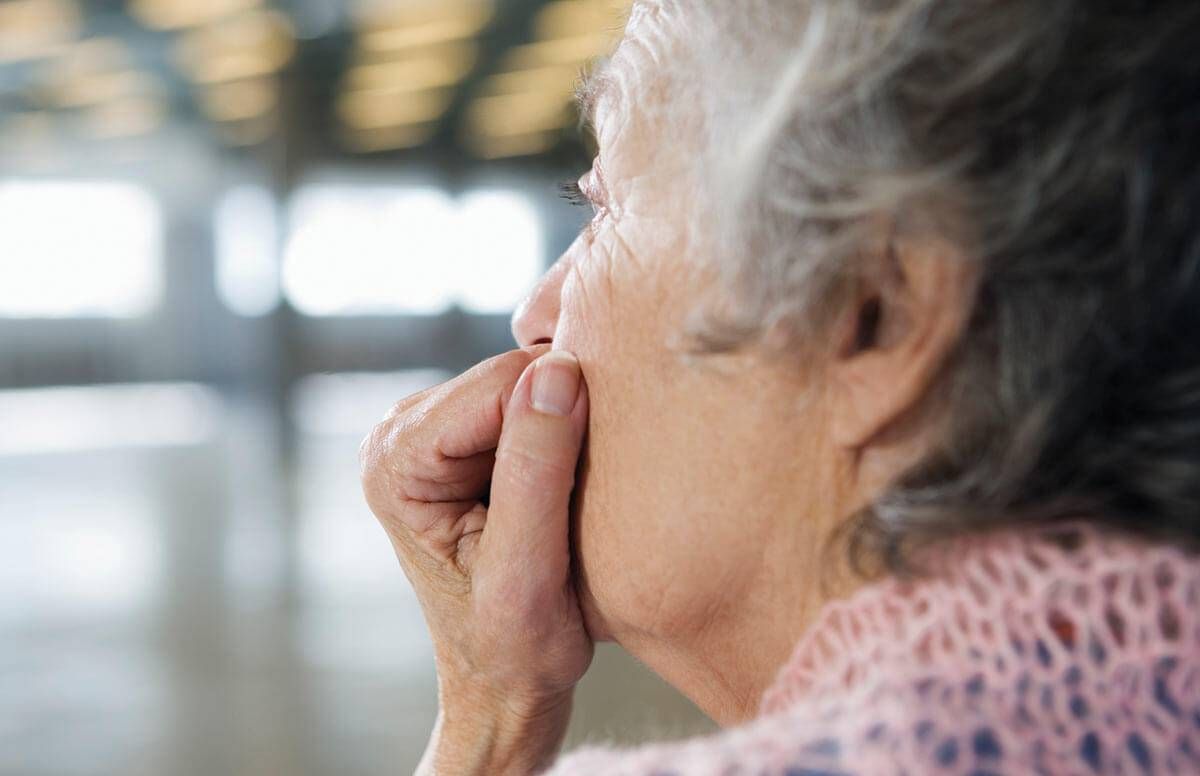Coping With Grief After the Pittsburgh Tragedy
In the wake of the synagogue massacre, 11 ways to tap into resilience
On Saturday, Oct. 27, a hate-spewing 46-year-old man stormed a Pittsburgh synagogue and made a cruel mockery of its very name — the Tree of Life — by unleashing a volley of gunfire that extinguished 11 lives. The savage attack, the third on a house of worship in as many years, left Tree of Life congregants feeling crushed by unbearable grief.

They are not alone.
Across the nation, stunned Americans of every religion, ethnicity and age are feeling battered by bereavement as they grapple with the unanswerable. Why did it happen there? Could it happen where I live? How are we supposed to go on with our lives in the face of such senseless violence?
For many of us in the Next Avenue community, the sense of kinship with the Pittsburgh congregation feels particularly acute, despite a lack of direct personal connection. Each of the victims was between the ages of 54 and 97. They were parents. Grandparents. Retirees. Widows and widowers. They were, in a word, us.
There is no taking or talking our pain away — and that’s as it should be. Pain this powerful deserves its due. But there are ways of tapping into resilience that can help us navigate our grief.
11 Strategies for Tapping Into Resilience
Here are 11 strategies (one for each of the lives lost) that may help:
1. Remain connected to your life. In times of grief, there’s a great tendency to retreat and isolate. Don’t. Instead, make the effort to do the things that ordinarily provide you with pleasure, whether that’s running, gardening, listening to music, cooking, drawing or hugging your grandchild.
The effort helps safeguard against plunging down a rabbit hole of 24/7 despair and provides moments of distraction that are critical to healing and rejuvenation.
2. Don’t assume you’ll be sad all the time. Bereavement studies show that in the face of loss, most mourners have a survival instinct that taps into their resilience. Yes, bereaved people experience anguish and sorrow. But those feelings of sadness come in waves that alternate with feelings of pleasure and hope.
That oscillation not only helps people endure their grief, but, according to George Bonanno, one of the country’s leading bereavement researchers, enables them “to have genuinely pleasurable experiences, to laugh or indulge in moments of joy, even in the earliest days and weeks after loss.”
3. Be attuned to the messages you’re telling yourself. Martin Seligman, the father of positive psychology, cautions that resilience is hampered by thoughts suggesting pervasiveness (“Everything in my life is rotten”) or permanence (“My sorrow will last forever”).
Such negative self-talk is not only disempowering; it diminishes your sense of being able to weather, and move through, your pain.
4. Don’t be on the lookout for the so-called five stages of grief. They don’t exist.
Over the last three decades, bereavement researchers have found that there actually are no stages to grief. Ruth Davis Konigsberg, author of The Truth About Grief, has noted that the persistence of Elisabeth Kübler-Ross’s once-popular, now-discredited theory of grief stages “has narrowed our emotional repertoire for loss, and stigmatizes reactions that diverge from its prescribed path.”
5. Tune into what you actually feel. Everyone has their own take on the events in Pittsburgh — and their own take on how people should feel about the attack.
It bears reminding that we don’t all respond and feel the same way. Listen to what your gut is telling you.
6. Trust your instincts. If you feel that talking about the state of the world will help you process your feelings, open your home to friends and have at it. But if you sense such discussions risk reinforcing or deepening your dark mood, stay away from those gatherings. Perhaps this is a moment when you’ll find a solitary walk or a trip to the zoo more soothing.
7. Tell people what you need. Friends want to be supportive, but they aren’t mind readers. If you don’t speak up, they will lean on their own preconceptions about grief.
Let them know if you want their hugs, doleful looks and commiseration. Tell them, too, if you’d prefer not to see their Facebook posts and social media blasts about the tragedy.
8. Give yourself permission to feel your pain. There may be people around you who don’t understand why you’re taking the attack so personally. That’s their problem, not yours.
What happened in Pittsburgh was horrific. You’ve earned whatever grief you have, and denying your pain is pointless. Instead, allow your anguish to flow without guilt or self-judgment.
9. Don’t argue with reality. An adage popular in Buddhist circles maintains, “Pain is inevitable; suffering is optional.”
Telling yourself, “What happened in Pittsburgh scares me” is a statement that acknowledges your pain. But telling yourself “It shouldn’t have happened” is a statement that argues with reality — and thus an argument you’ll lose.
To avoid such suffering, look for ways to express your pain that mirror reality. Constantly being on the losing side of an argument promises only to deplete your energy and your hope.
10. Latch onto the here and now. Focus on your breath. The wind. The sun playing hide-and-seek with a cloud. A riff of music. The sensation of your feet taking one step after the next. It’s far more productive to concentrate on what’s right in front of you than to train your thoughts on speculative “What Ifs” that may lead to only darker ruminations.
11. Finally, tap into gratitude. This isn’t Don’t-Worry-Be-Happy mumbo jumbo. If you make time to acknowledge the good things in your life, the resulting feelings of gratitude will serve as a potent counterbalance to your grief.
What happened in Pittsburgh was a hate crime. Rather than risk letting hate beget hate, access your gratitude.


